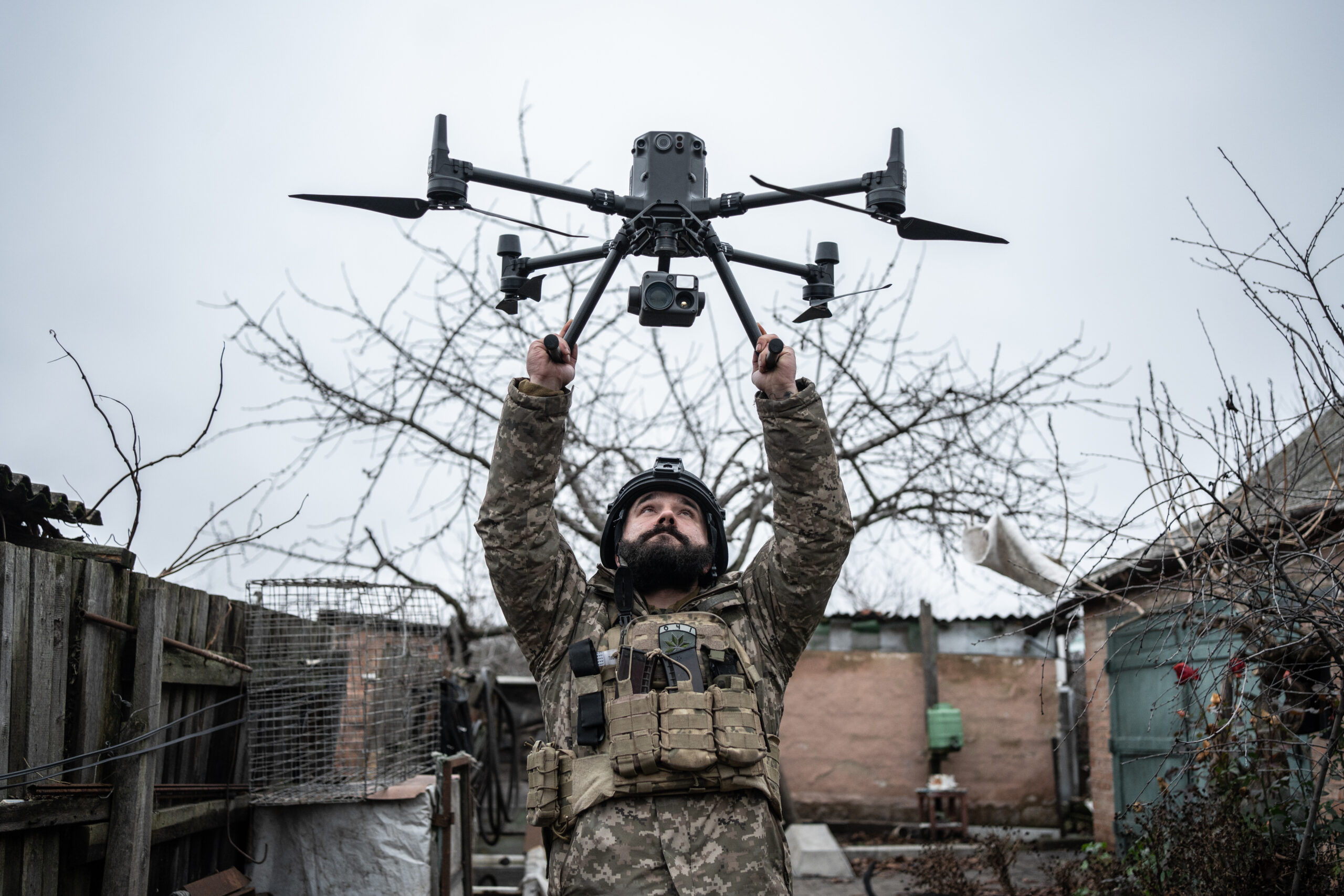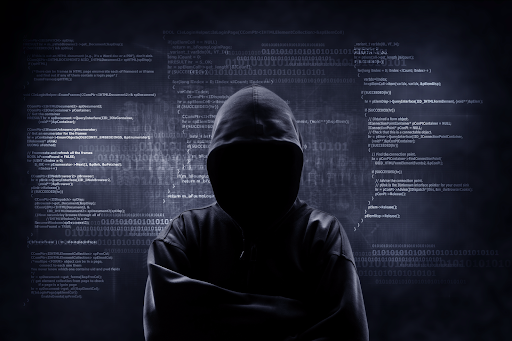Advancing innovation in international criminal law

Through research on new and emerging technologies, digital investigations, and legal case-building, our team supports the work of international criminal prosecutors in national, hybrid, and international courts. Drawing on the ground-breaking work of the Human Rights Center, the Technology, Law & Policy program bridges the gap between academic research and legal practice, accelerating the speed at which the international criminal justice system adapts to technological change.
- Our research helps international justice practitioners anticipate, understand, and prepare for the ways in which digital technologies are changing the nature of their work.
- Our evidence dossiers and analytical products support ongoing international criminal investigations using cutting-edge investigation techniques.
- Our legal submissions advocate for creative interpretations of international law with an aim towards shaping new legal precedent.
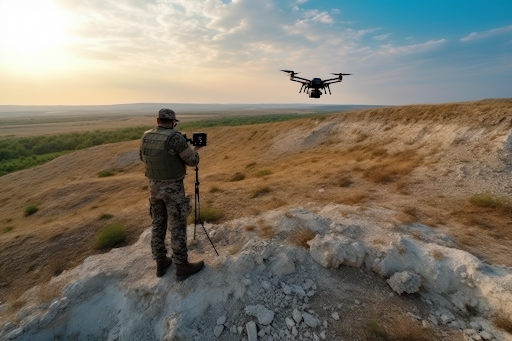
Research on New and Emerging Technologies
Our research helps international justice practitioners anticipate, understand, and prepare for the ways in which digital technologies are changing the nature of their work — both in terms of the way crimes are committed and the evidence available to them. We conduct forward-looking research on new and emerging technologies in armed conflicts and international crimes to anticipate what impact these technologies will have on international criminal investigations and prosecutions. In partnership with the Investigations program, we distill lessons learned, draft investigation guidelines, and implement guidelines through our professional training program. We also serve as advisors and consultants to non-governmental organizations and international institutions to help them modernize by developing new policies, procedures, and protocols.

Integrating Digital Investigations into Case-Building
Our evidence dossiers and analytical products support ongoing international criminal investigations using cutting-edge investigation techniques. We work with public and private partners on active criminal investigations to produce intelligence and build cases for prosecution in national and international courts. We capitalize on our position in a world renowned university, taking advantage of the broad array of resources at our disposal. Through exploration and experimentation, we cultivate new investigation techniques and methods, integrating them into the investigation and case-building process.

Shaping Legal Precedent through Strategic Litigation
Our legal submissions advocate for creative interpretations of international law with an aim towards shaping new legal precedent. The changing character of war raises questions about how we, as lawyers, ensure that international law — and more importantly the protections that it provides for civilians — is not out-paced by a rapidly changing world. While it is the role of states to create new international laws, the current geopolitical climate has stalled this process, resulting in a growing impunity gap. Thus, in the absence of multilateral cooperation, lawyers must think creatively about how to effect change and ensure the law develops to address current challenges. Our team strategically identifies cases that raise novel legal issues related to new kinds of weapons, modes of warfare, and types of belligerents for which the laws are unclear or insufficient. By bringing these cases to the attention of prosecutors and encouraging them to pursue them in court, we can effect broader social change.
Program Staff





Featured Publications
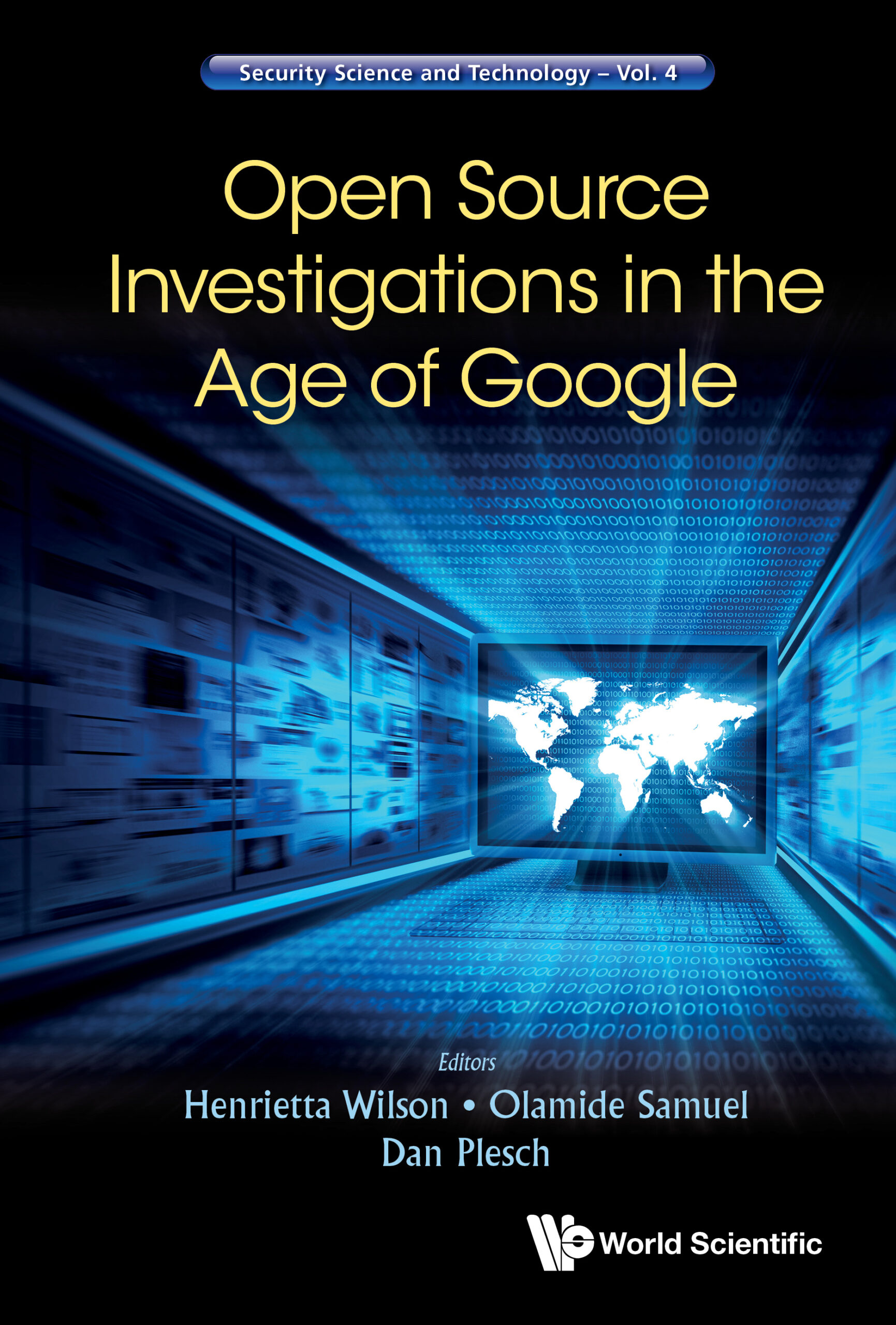
March 19, 2024
Links in the Chain: How the Berkeley Protocol is Strengthening Digital Investigation Standards in International Justice
View Publication
October 26, 2023
‘Nor Is It Neutral’: New Technologies and the International Criminal Court
View Publication
July 19, 2023
Seeing Through the Fog: The Impact of Information Operations on War Crimes Investigations in Ukraine
View Publication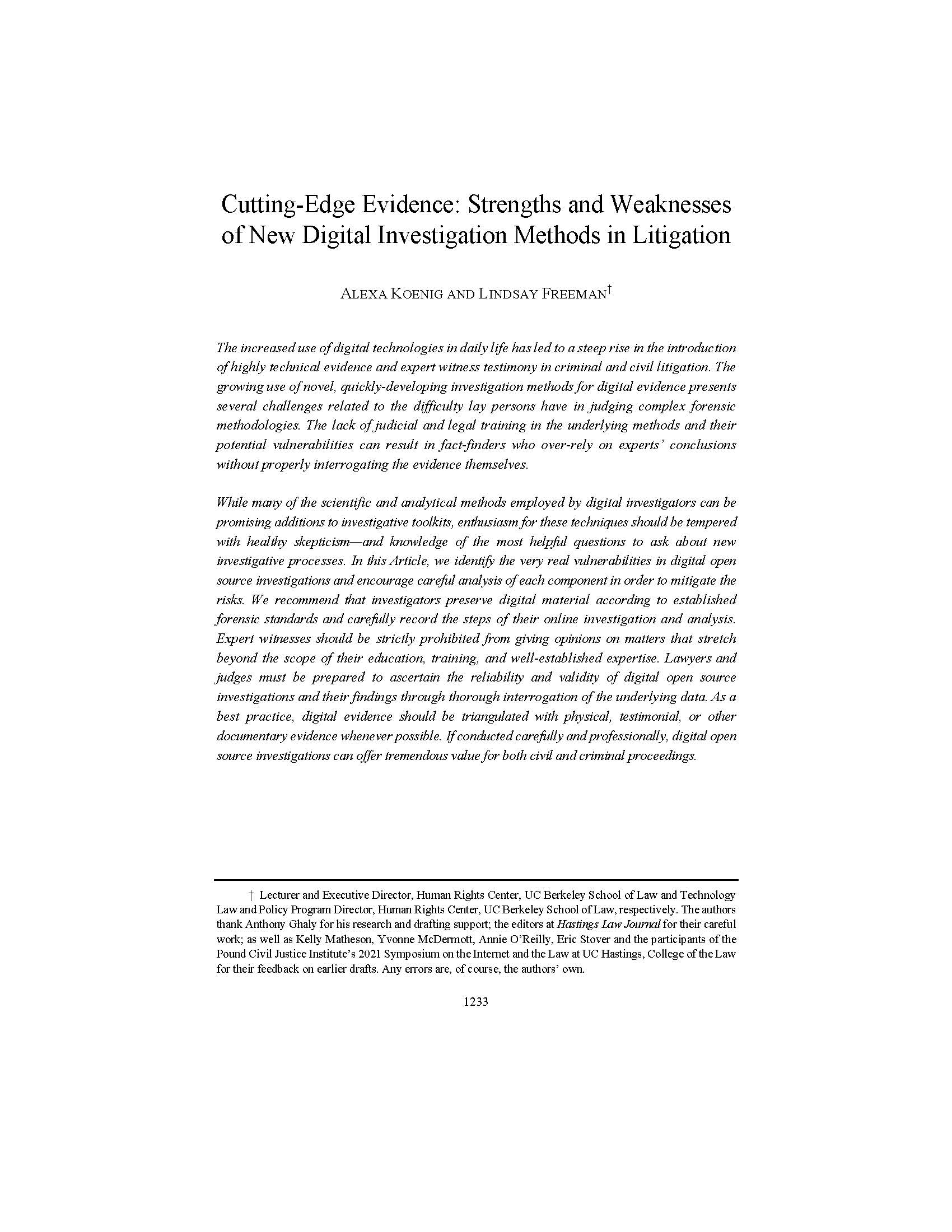
July 1, 2023
Cutting-Edge Evidence: Strengths and Weaknesses of New Digital Investigation Methods in Litigation
View Publication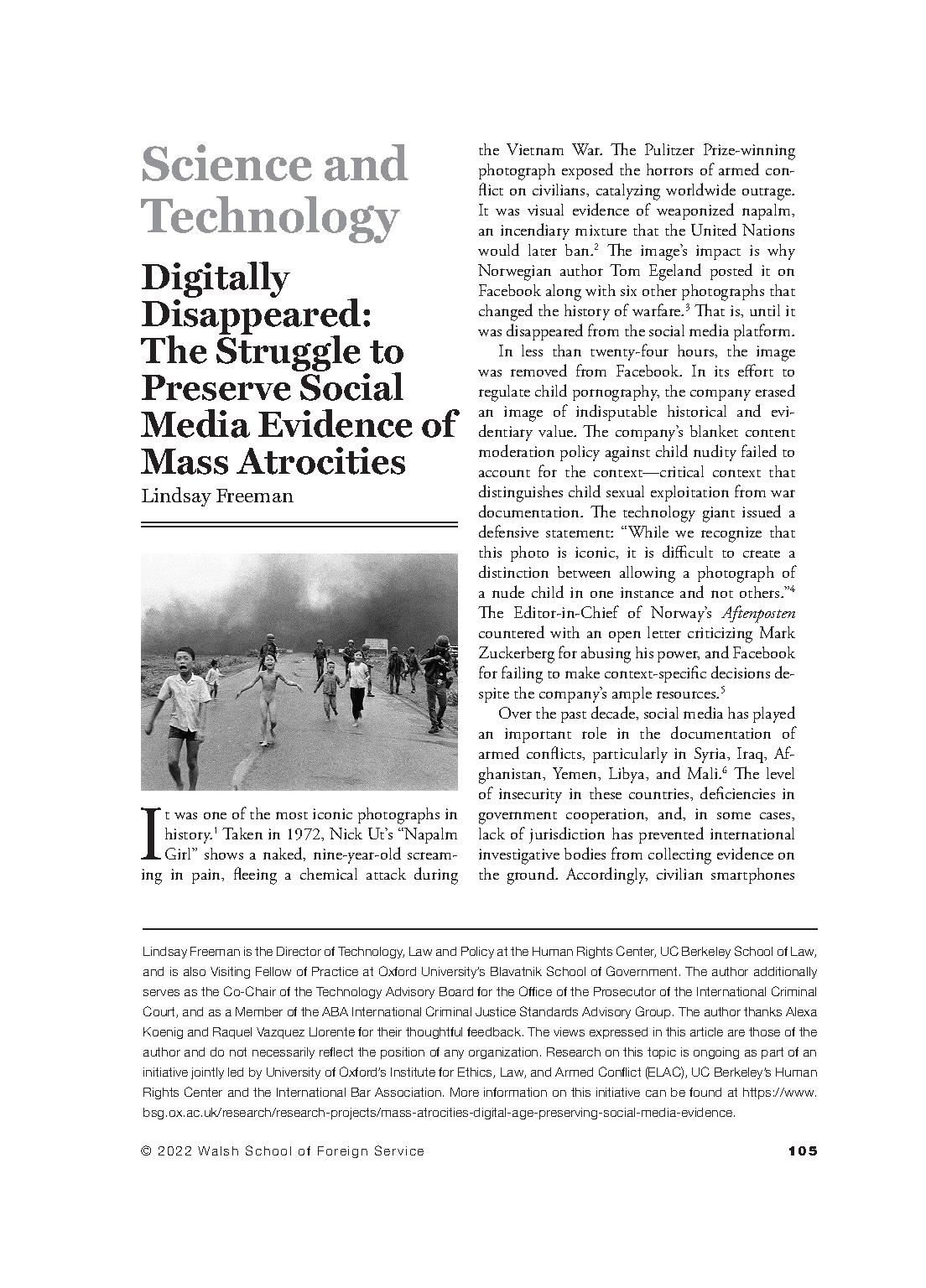
June 1, 2022
Digitally Disappeared: The Struggle to Preserve Social Media Evidence of Mass Atrocities
View Publication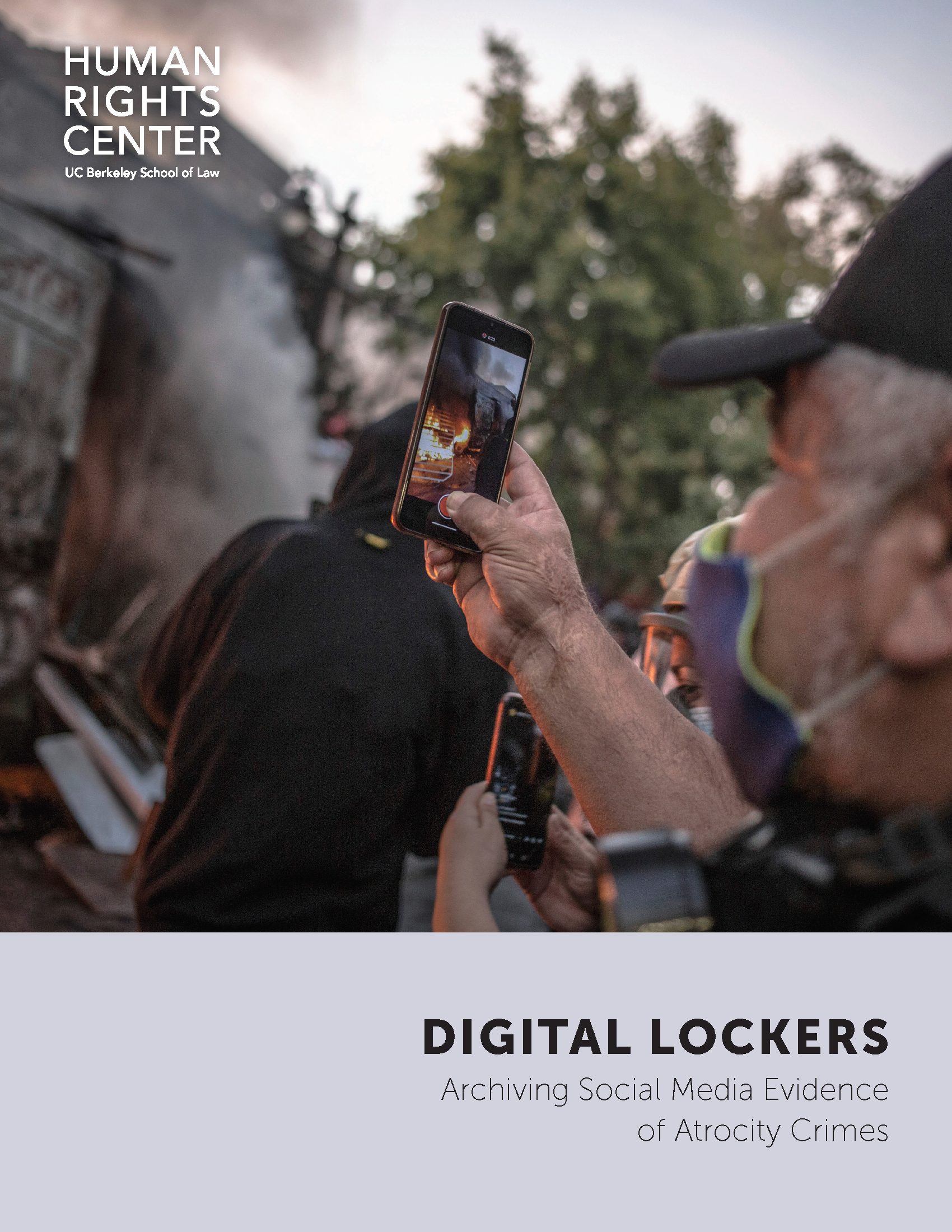
June 10, 2021
Digital Lockers: Archiving Social Media Evidence of Atrocity Crimes
View Publication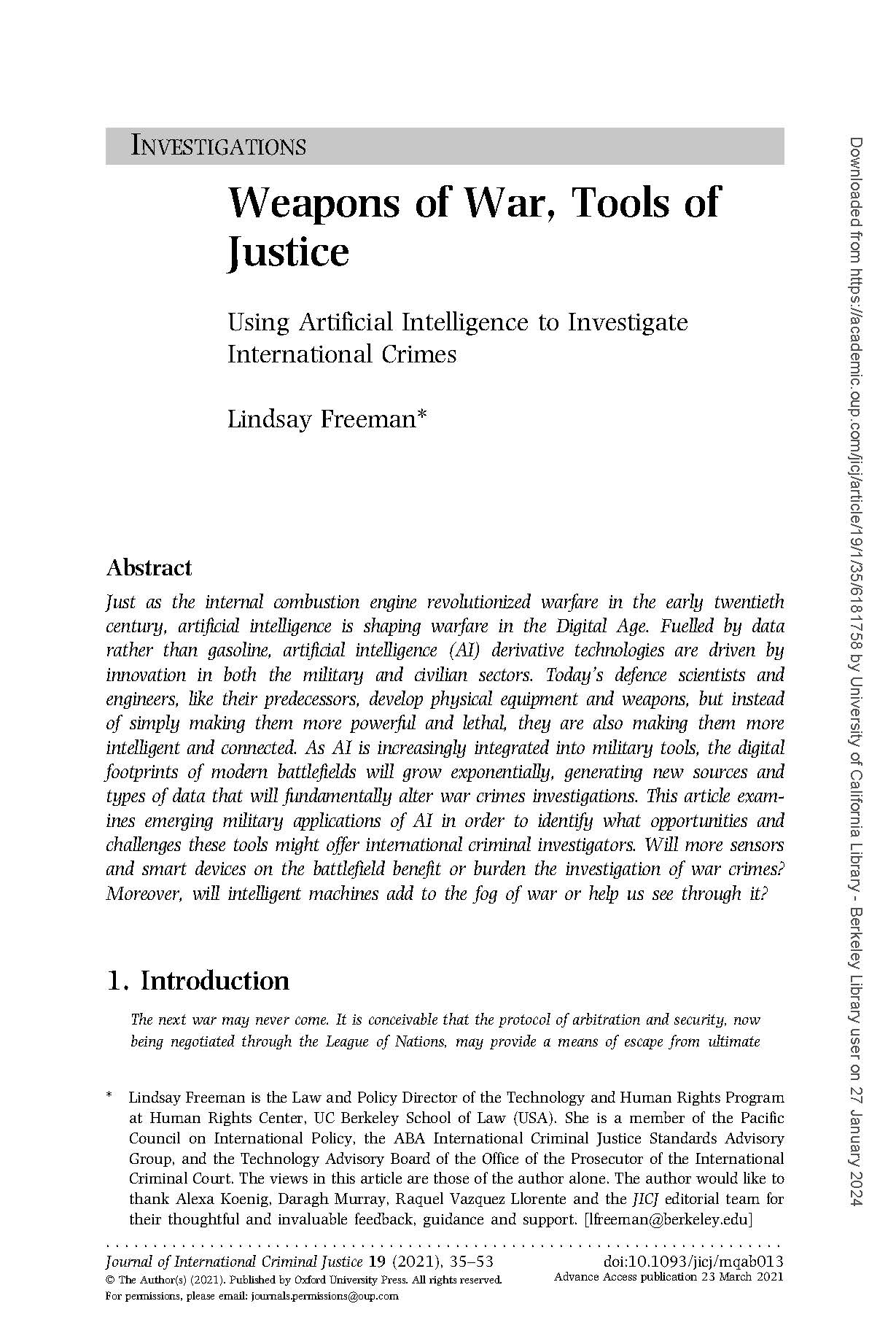
March 23, 2021
Weapons of War, Tools of Justice: Using Artificial Intelligence to Investigate International Crimes
View Publication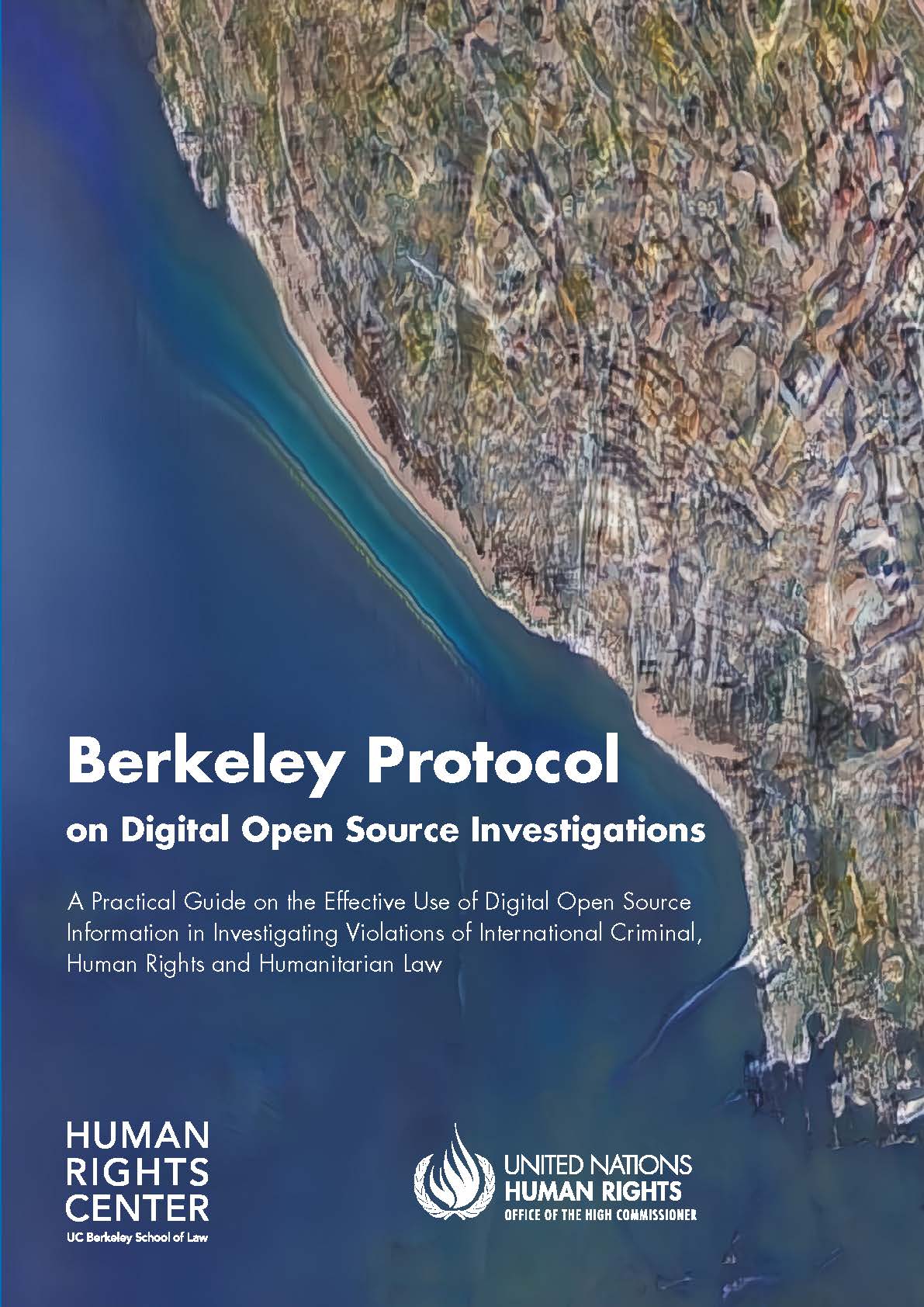
December 2, 2020
Berkeley Protocol on Digital Open Source Investigations
View Publication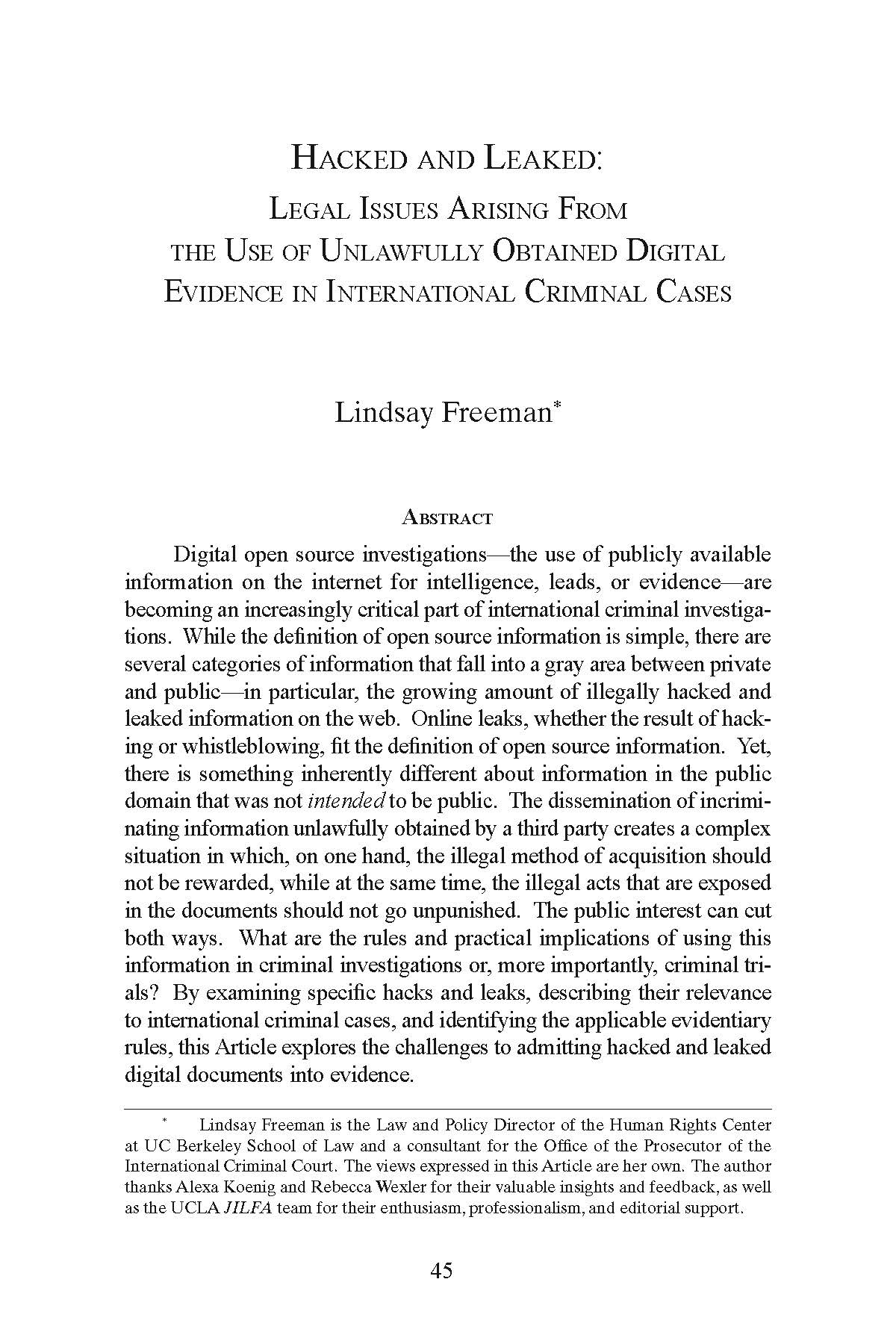
June 1, 2021
Hacked and Leaked: Legal Issues Arising From the Use of Unlawfully Obtained Digital Evidence in International Criminal Cases
View Publication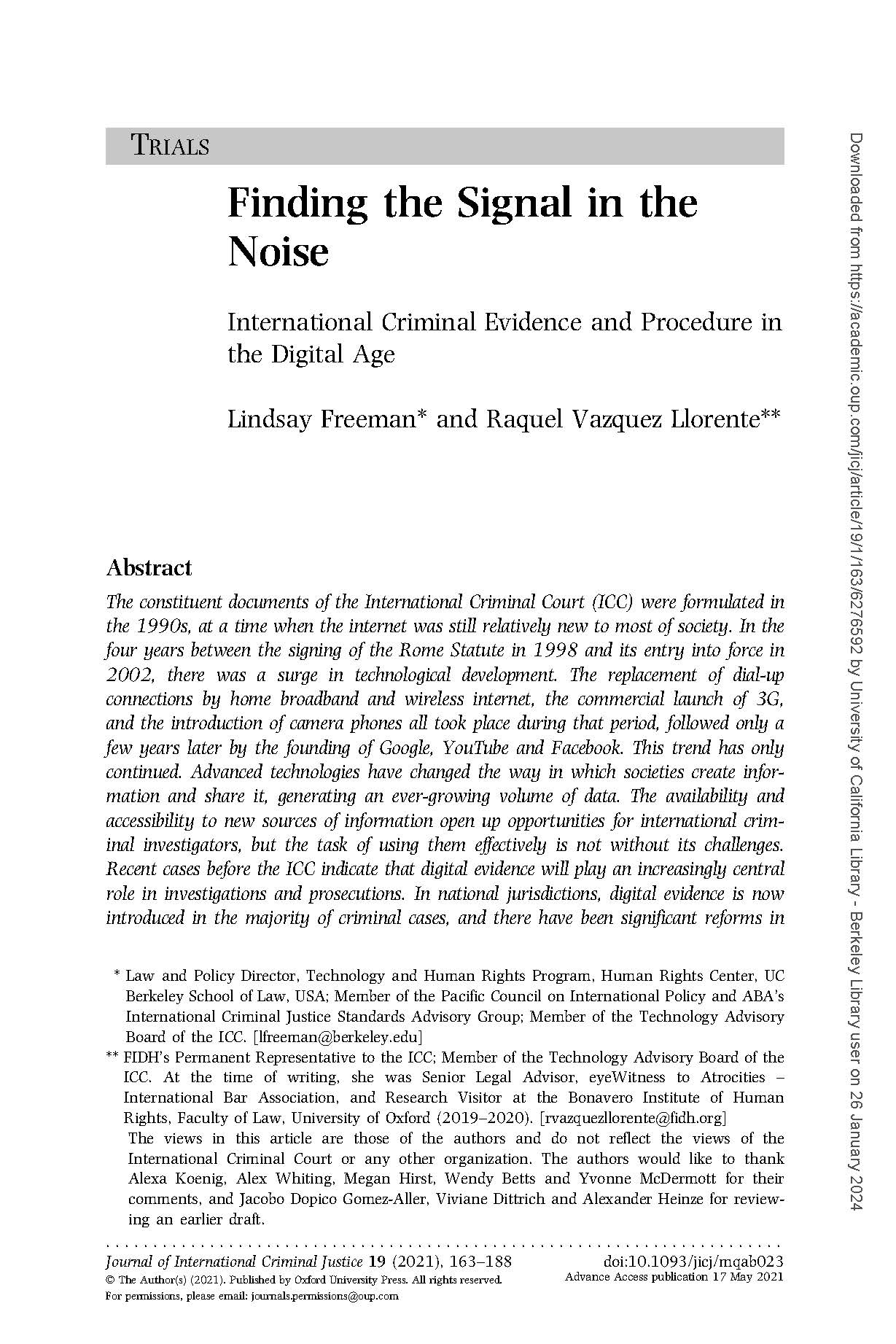
March 1, 2021
Finding the Signal in the Noise: International Criminal Evidence and Procedure in the Digital Age
View Publication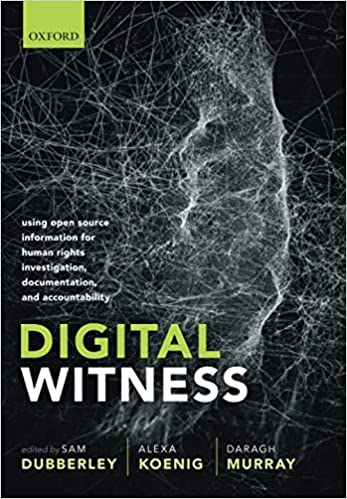
December 19, 2019
Digital Witness: Using Open Source Information for Human Rights Investigation, Documentation and Accountability
View Publication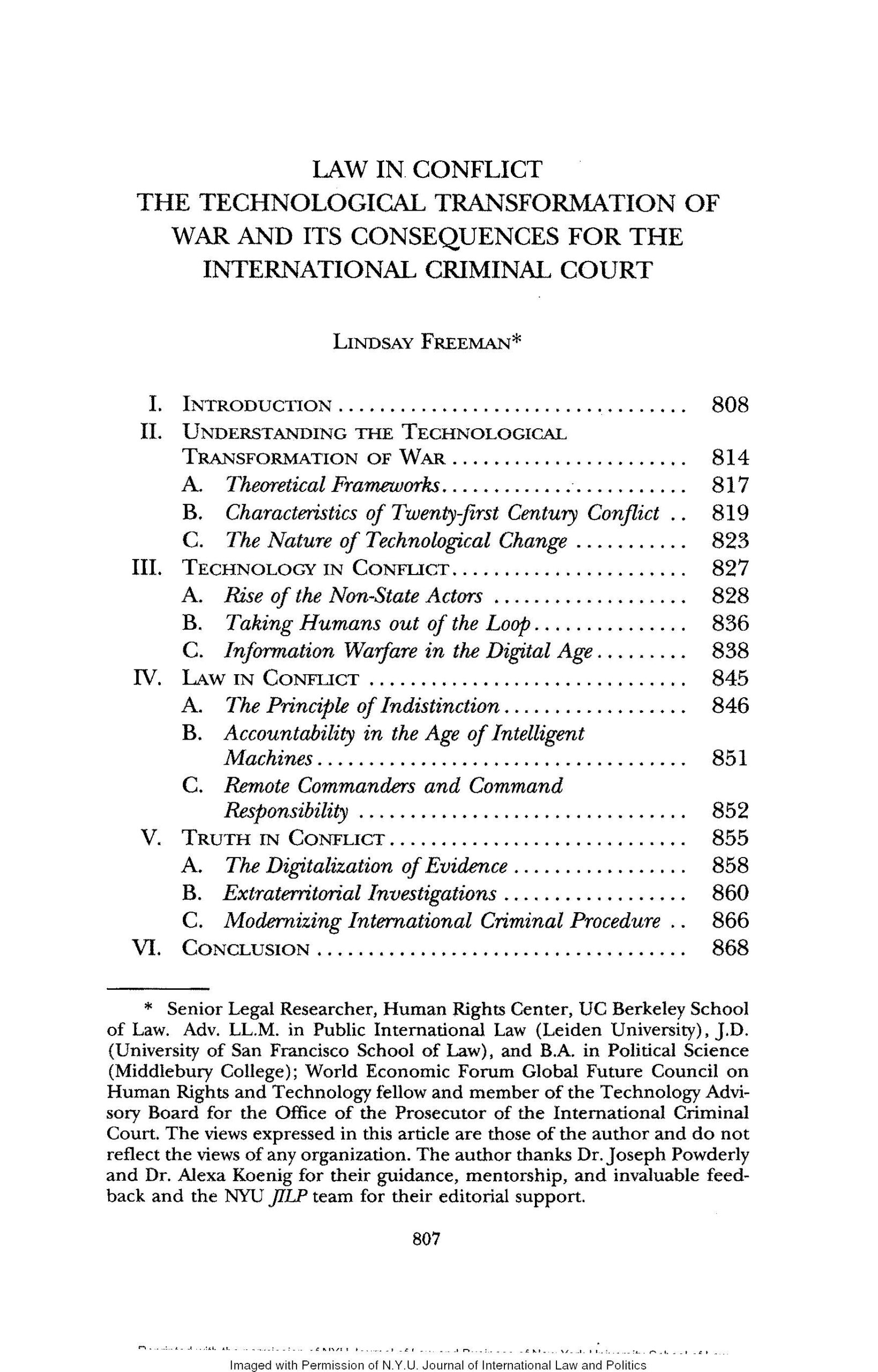
May 8, 2019
Law in Conflict: The Technological Transformation of Warfare and its Consequences for the International Criminal Court
View Publication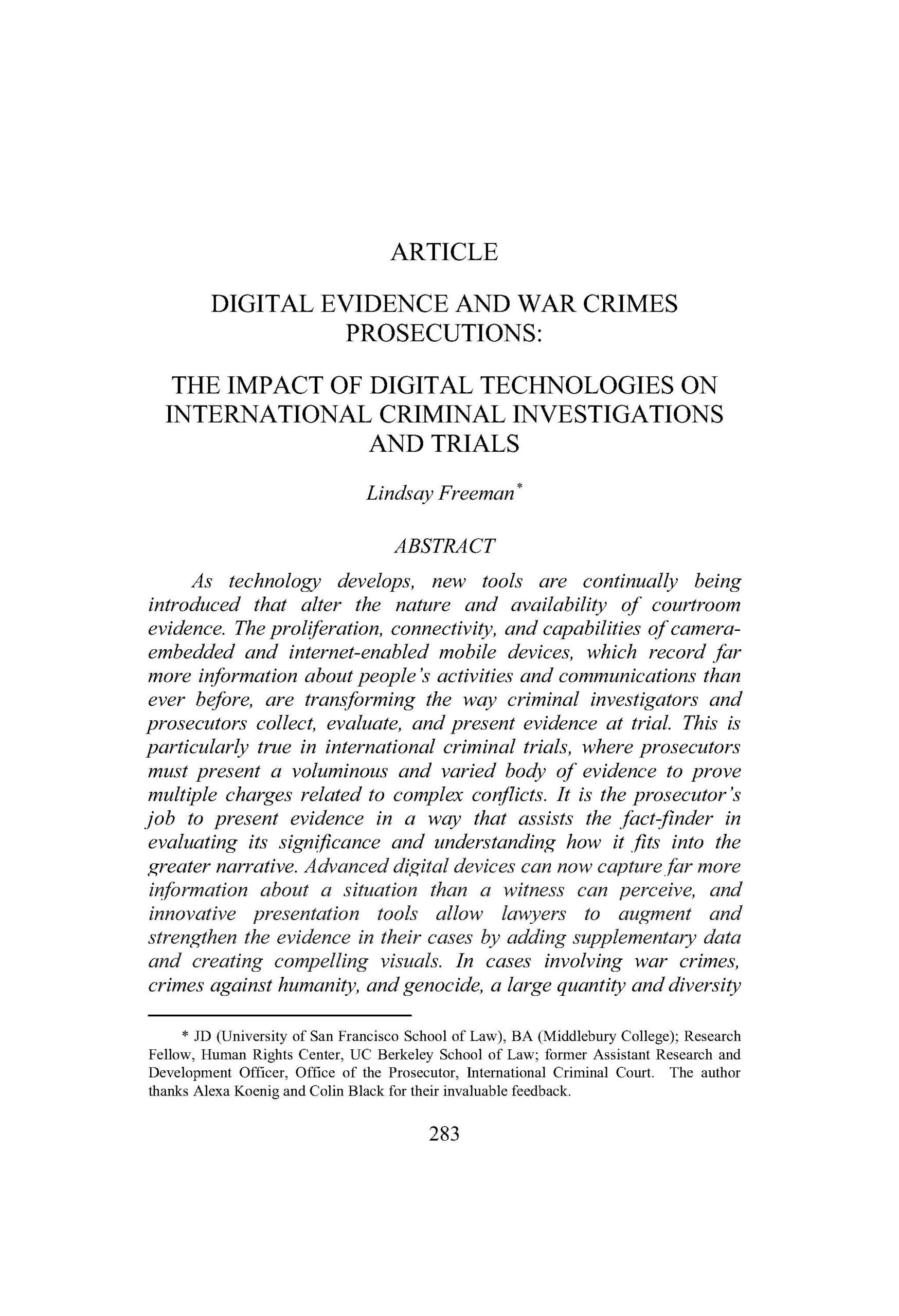
February 14, 2018
Digital Evidence and War Crimes Prosecutions: The Impact of Digital Technologies on International Criminal Investigations and Trials
View PublicationNews
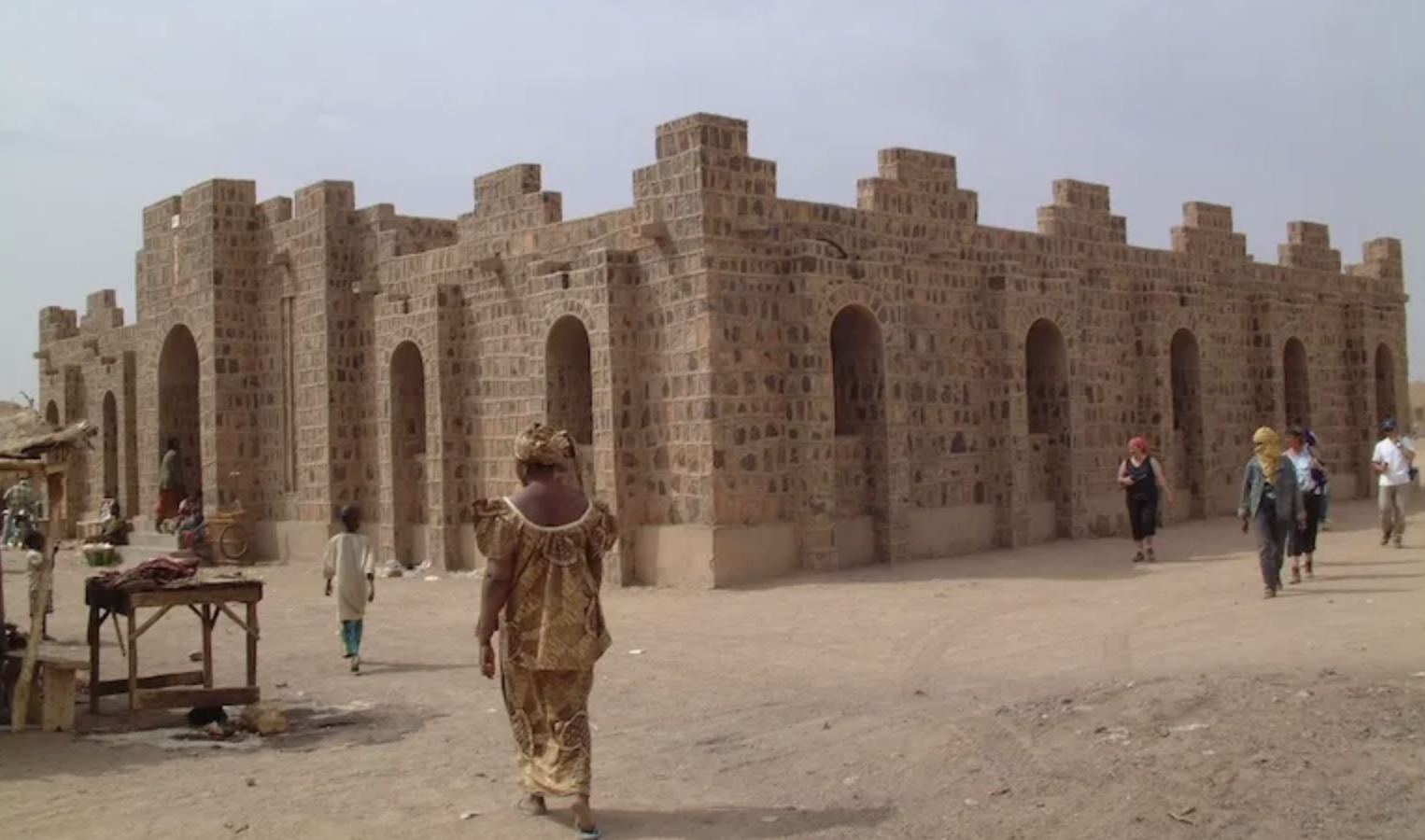
February 26, 2025
Terror, Chaos, and Shame: When Information Operations Constitute War Crimes
A craftsman’s house in Mali. Photo by Taguelmoust. Commentary — Articles of War: Terror, Chaos, and Shame: When Information Operations Constitute War Crimes,
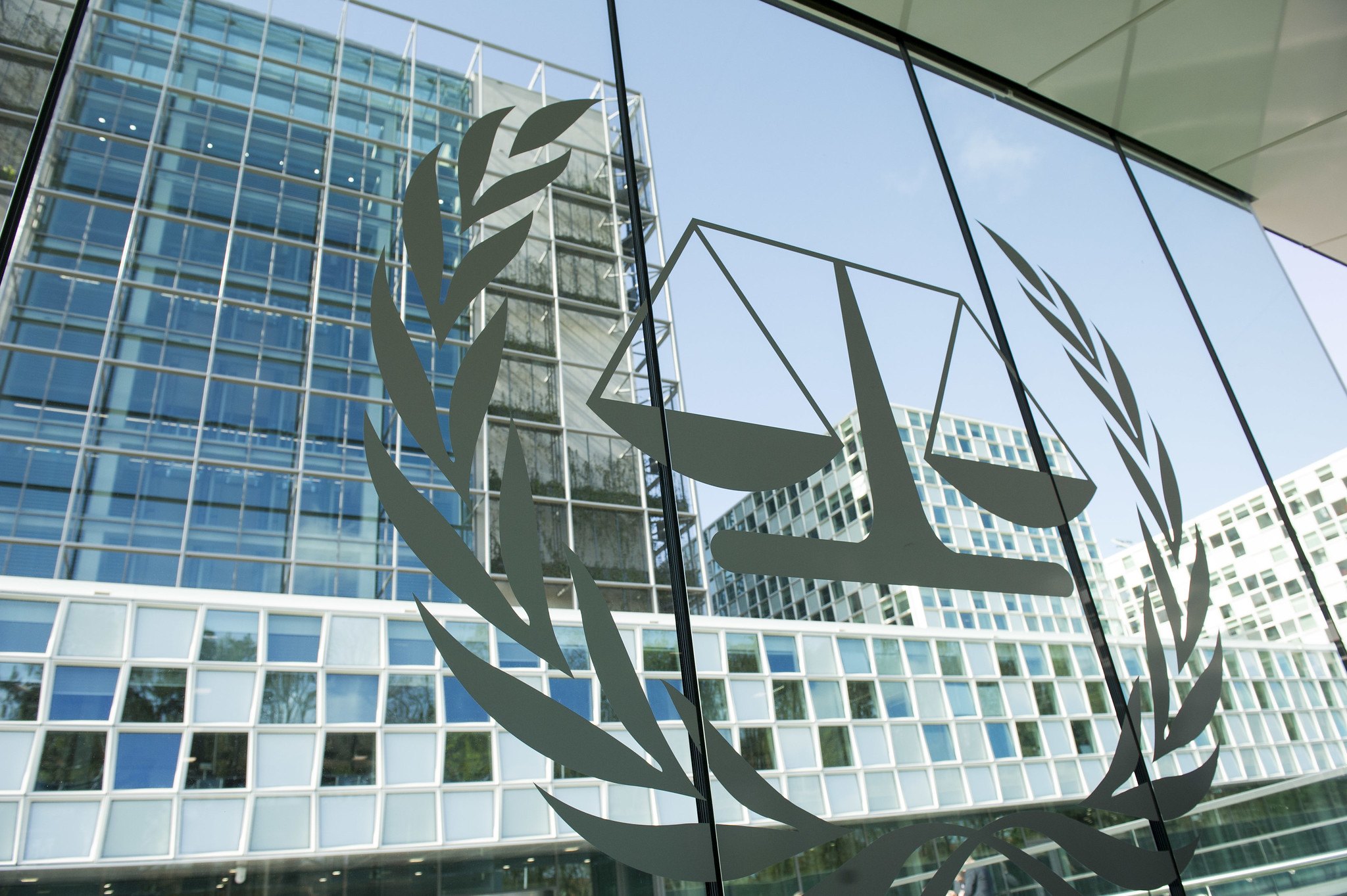
March 13, 2024
Evidence of Russian Cyber Operations Could Bolster New ICC Arrest Warrants
Commentary — Lawfare: Evidence of Russian Cyber Operations Could Bolster New ICC Arrest Warrants, authored by Lindsay Freeman.
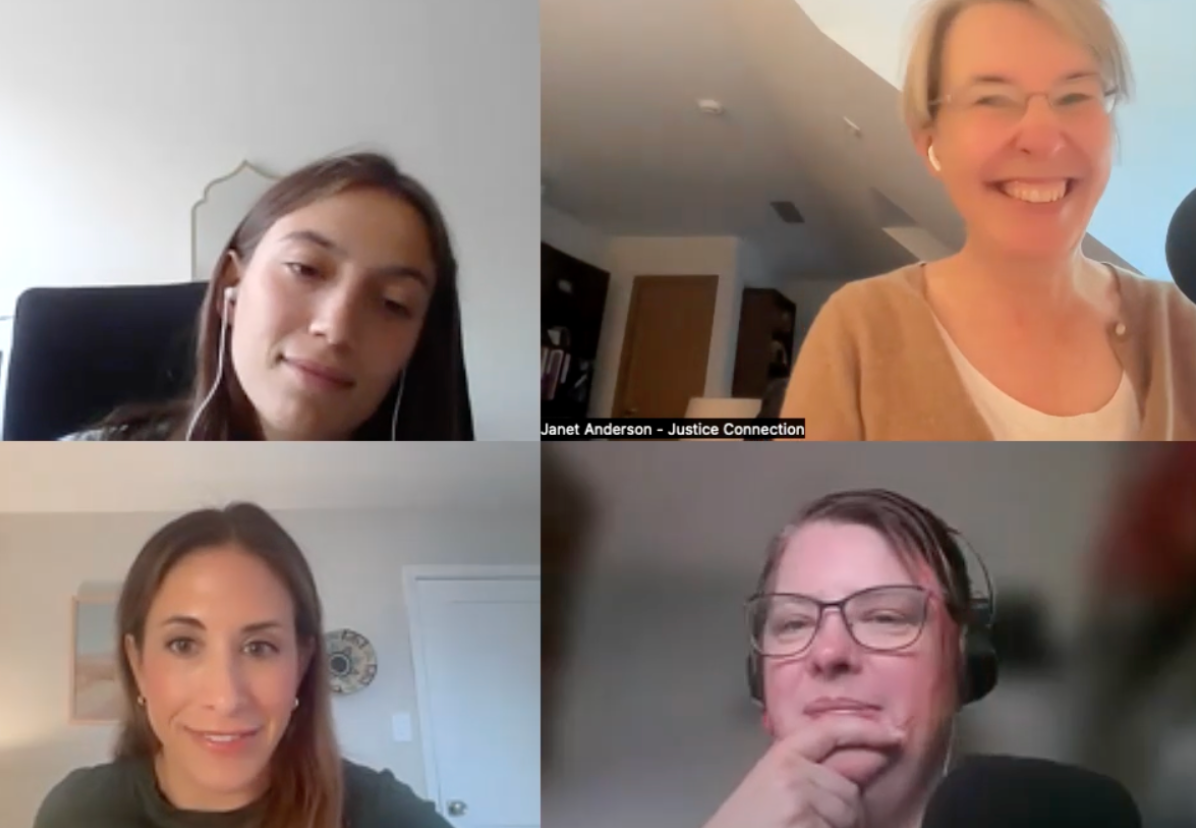
September 29, 2023
Cybercrimes as war crimes with Lindsay Freeman
Human Rights Center Director of Technology Law & Policy’s Lindsay Freeman bottom left, with Asymmetrical Haircut’s Stef bottom right, Janet top right, and Margherita top left. HRC in the News —
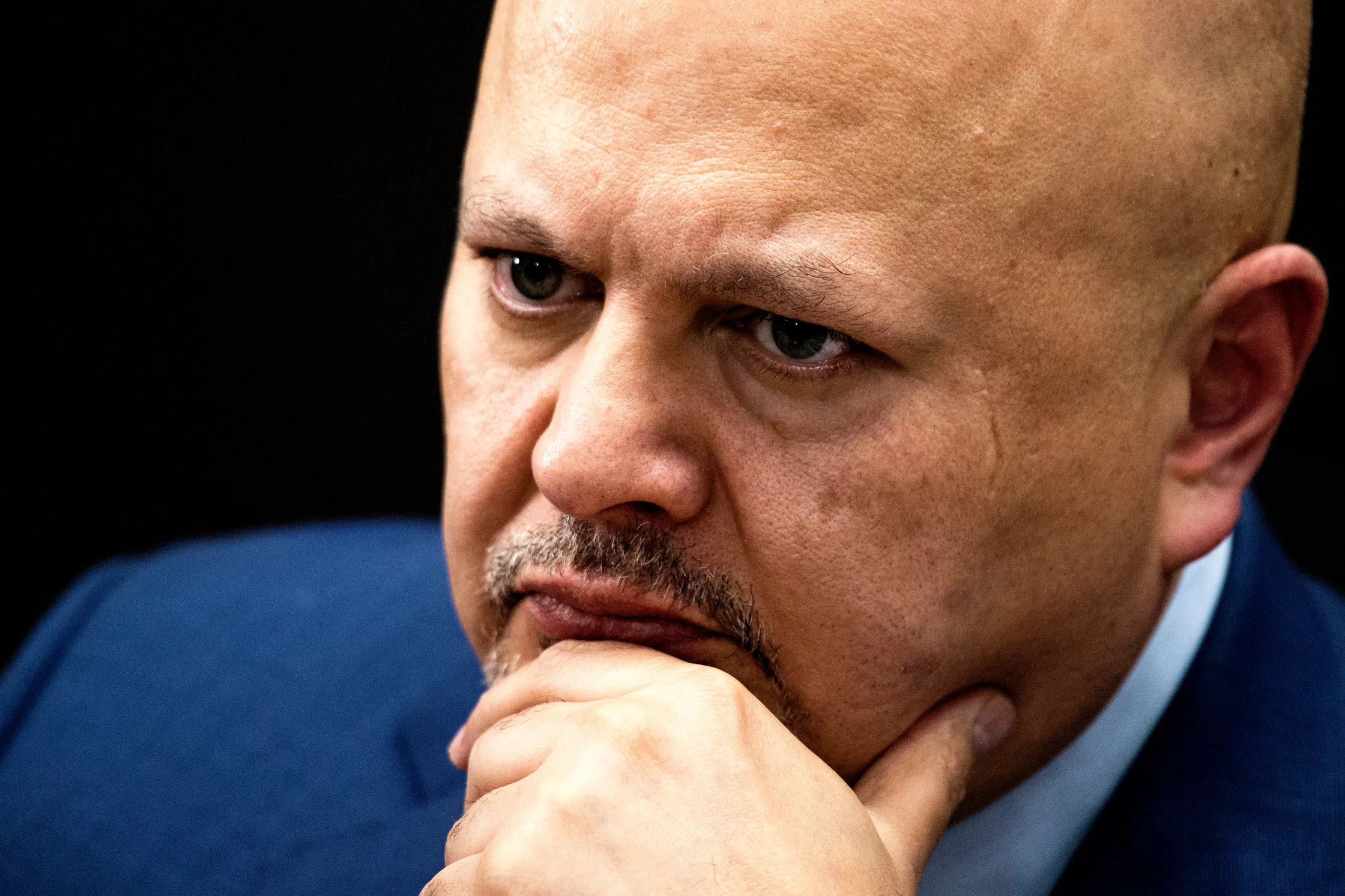
September 7, 2023
The International Criminal Court Will Now Prosecute Cyberwar Crimes
The Hague’s Lead Prosecutor Says He’ll Now Charge Cyberwar Crimes. Photo by Sebastian Barros/Getty Images. HRC in the News — WIRED: The International
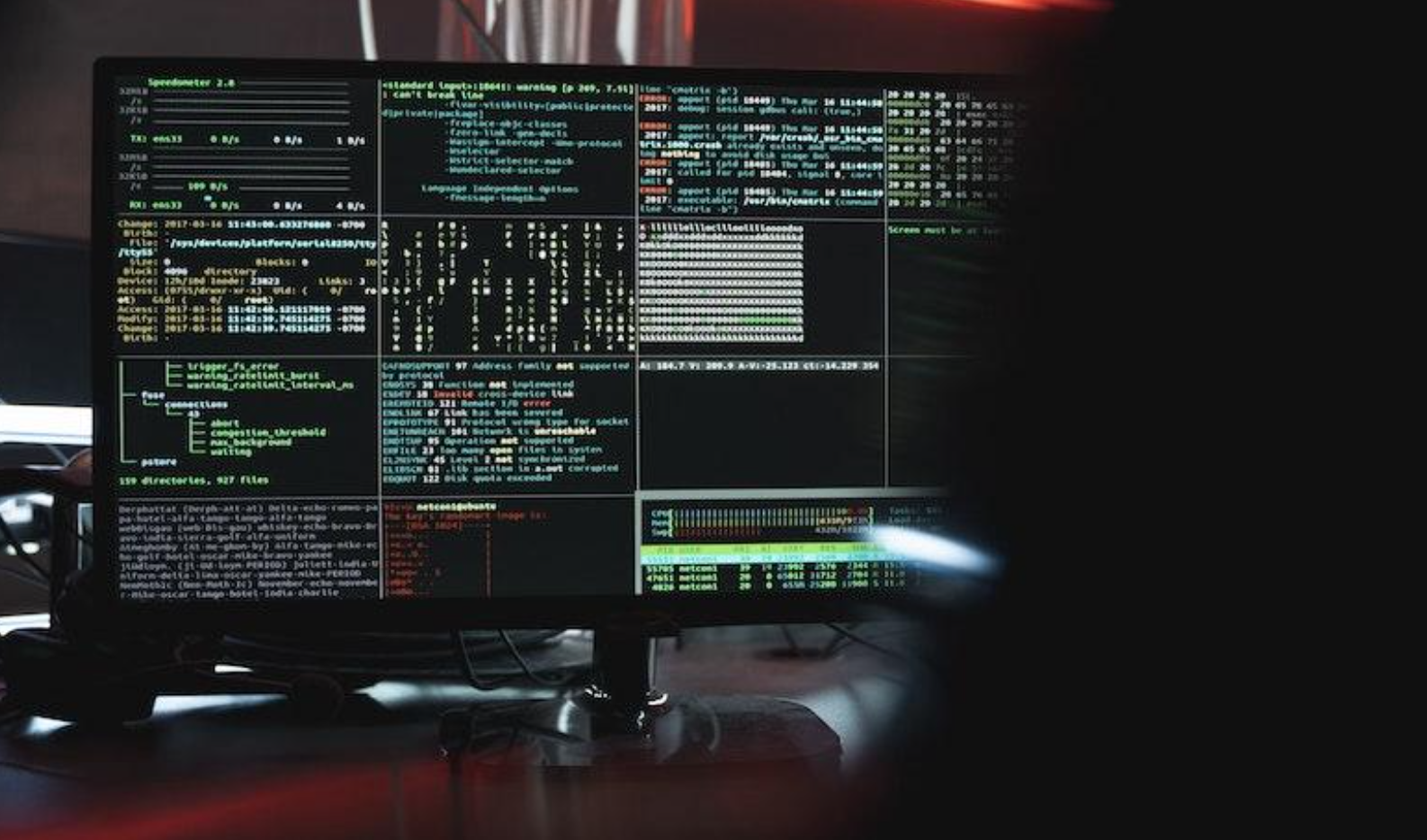
April 14, 2023
Ukraine Symposium – Accountability for Cyber War Crimes
Commentary — Articles of War: Ukraine Symposium – Accountability for Cyber War Crimes, by Lindsay Freeman.
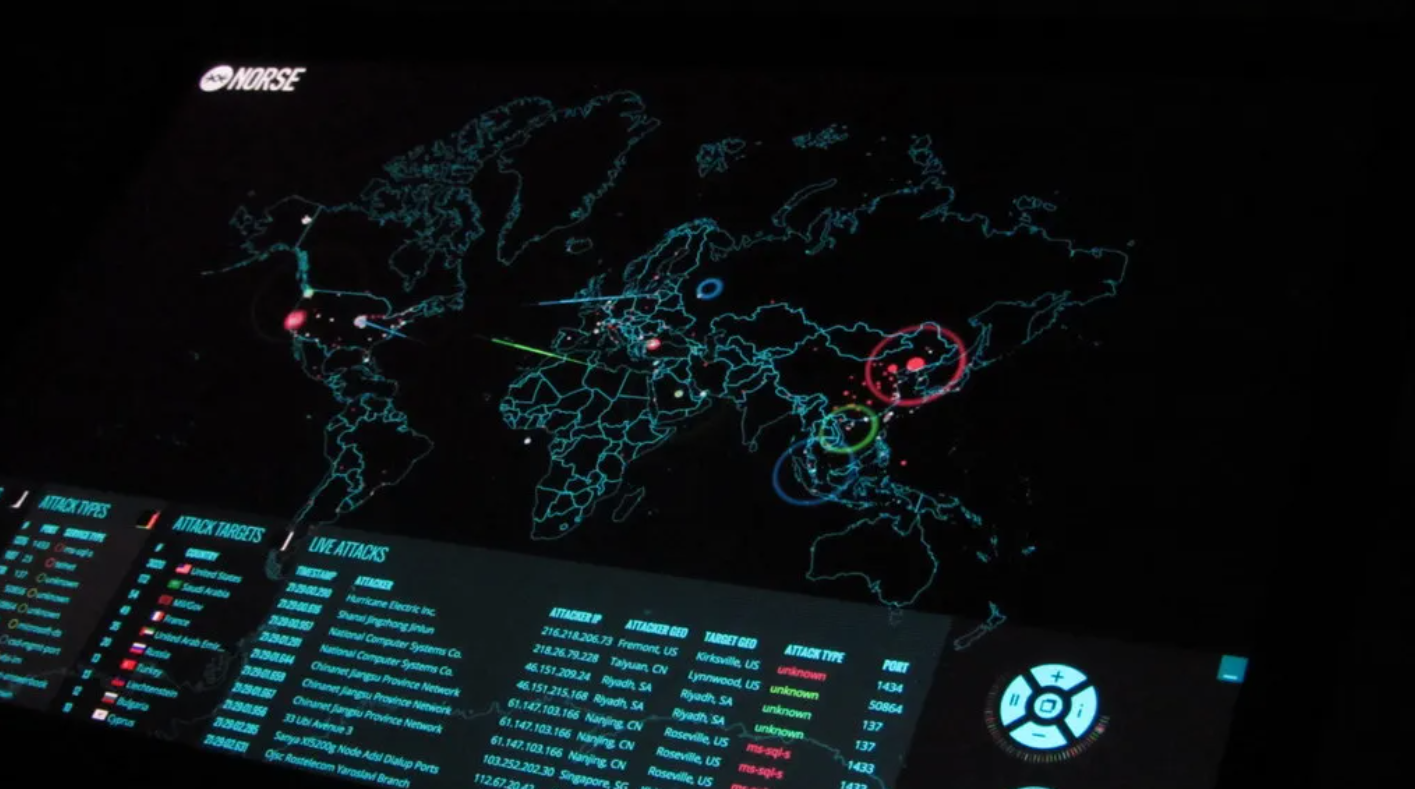
April 4, 2023
The Gravity of Russia’s Cyberwar against Ukraine
Commentary — Opinio Juris: The Gravity of Russia’s Cyberwar against Ukraine, by Lindsay Freeman, Amanda Ghahremani, and Sophie Lombardo.
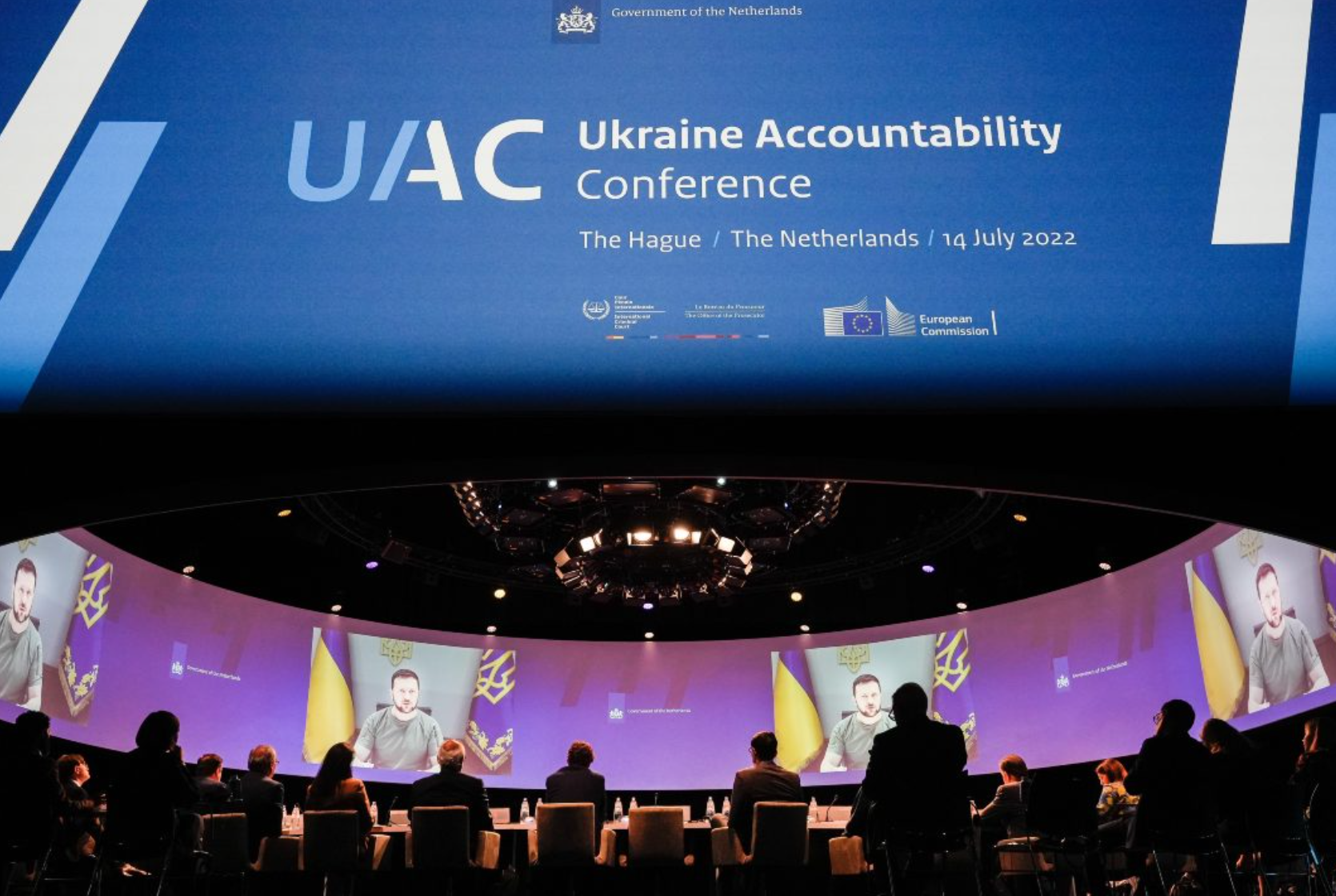
July 19, 2022
Russian Cyberattacks Need an International Criminal Court Response
Commentary — Center for European Policy Analysis: Russian Cyberattacks Need an International Criminal Court Response, an op-ed by Lindsay Freeman.

May 12, 2022
The Case for War Crimes Charges Against Russia’s Sandworm Hackers
Photo by ALEXANDER NEMENOV/GETTY IMAGES HRC in the News — WIRED: The Case for War Crimes Charges Against Russia’s Sandworm Hackers, featuring

October 13, 2023

September 15, 2023
HRC in the News — EJIL: Talk!, The Prosecutor’s New Policy on ‘Cyber Operations’ before the International Criminal Court (and its Implications for Ukraine): Some Preliminary

October 18, 2023
Hackers in the Hague? The Prospects of Prosecuting International Cyber Crimes Before the ICC
HRC in the News — Lawfare: Hackers in the Hague? The Prospects of Prosecuting International Cyber Crimes Before the ICC, citing Lindsay Freeman on the ICC’s decision to investigate
